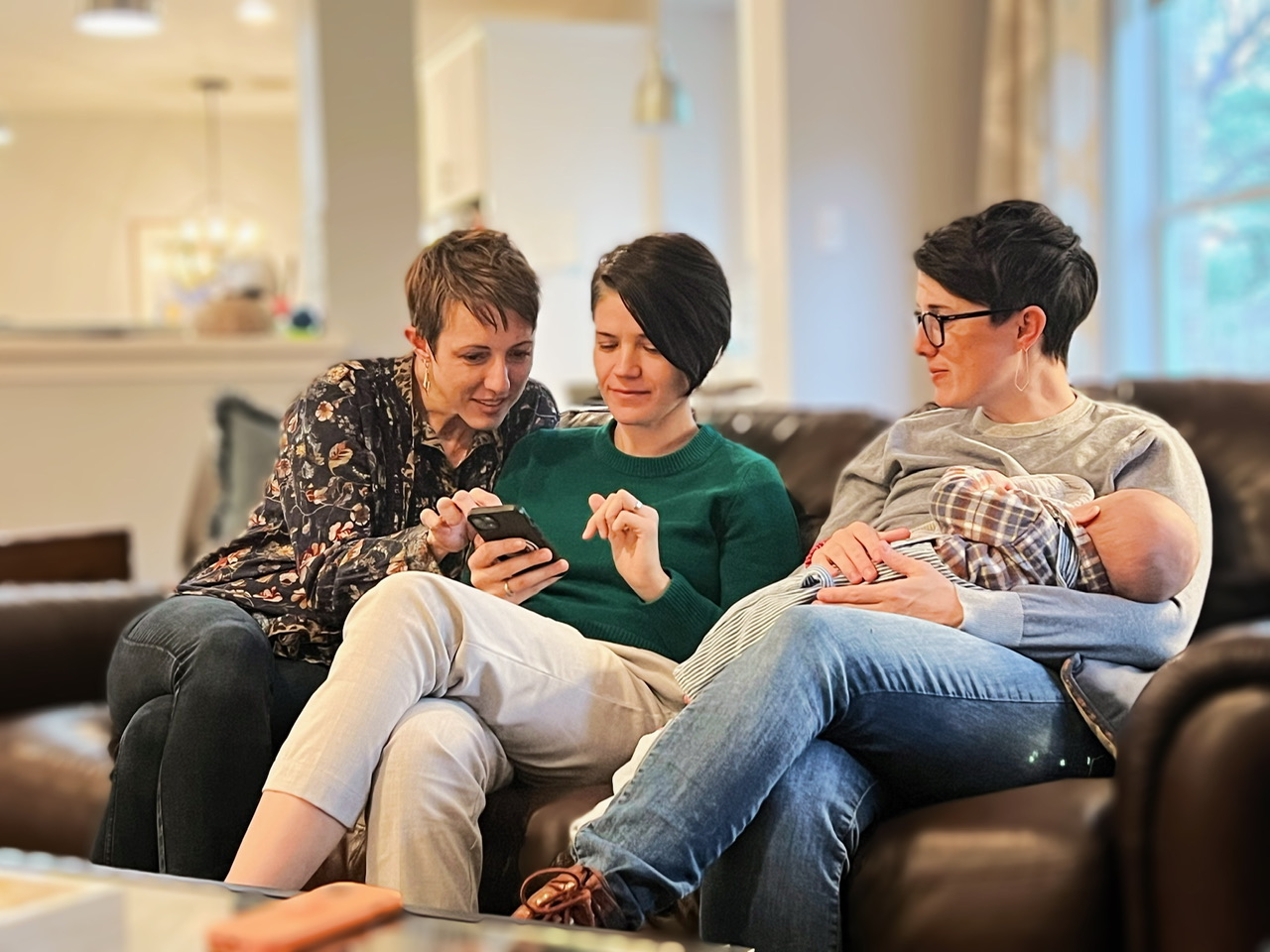Our mind and body tenses when we receive uncalled for advice. Even though, from the outside, we may have a better perspective, we don’t really know what’s going on inside. So we don’t have the whole picture.
I used to think that the happiest are the oblivious people who don’t have strong opinions on a variety of topics. But getting older, having experienced more, I personally have more opinions. The trick is to learn to hold my mind and mouth in check. I don’t need to be on the verge of offering my opinion to everyone but make a conscious decision early on to let most people be, live, and deal with the small and big consequences of their choices.
We are more outspoken in our kids’ lives at this stage because it’s our prerogative. And when we offer uncomfortable advice, it’s because we trust our role and that our kids can handle it. They trust we want what’s best for them and earned that right over time through connection. When we are afraid to offer guidance to our kids or spouse because we’re not sure how they’ll receive it, in reality it sends of message of distrust. “I don’t trust you can handle the truth”
Also, the cohesive connection between what we say and how we feel, people sense that. We should work on honest communication speaking the truth in kindness.
When we’ve come across as bossy, we may have to overcorrect and pull back to preserve the relationship.
My brother as the older among siblings, has expressed a parental authority at times, offering his advice unfiltered. Not always. As kids we both navigated as best as we could a lot of unknown.
As adults, my brother’s older sister has offered advice that seemed unnecessary, but instead of saying something I said nothing and pulled back from the relationship.
As aunts and uncles we may be tempted to ofer parenting advice to our siblings. Yet we abstain. We are all so different. We received or perceived a certain type of guidance from our parents, and we made conscious decisions about how we want to parent, what kind of values or boundaries to set for our own family units. We all have eyes to see, ears to hear, and we are at a stage when we need to focus on leading our kids the best we can. As long as we have not offered an open door for feedback, unless there’s something dramatic to address, the wise course of action is to be discreet, respectful and curious about others, not imposing of own opinions.
At home, with friends who interact often with our kids, we have given them explicit permission to correct our kids. To set or reset boundaries if necessary. Because of that approach, our kids didn’t even need to be told anything they didn’t already know. They are generally very receptive to subtle remarks and take feedback in stride.

